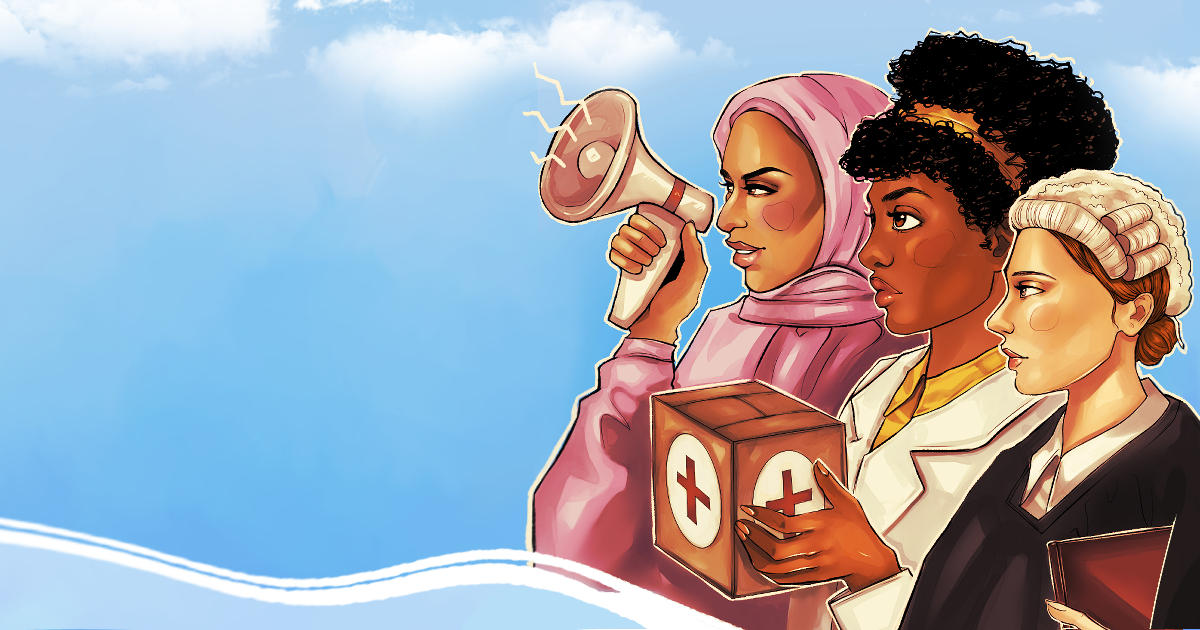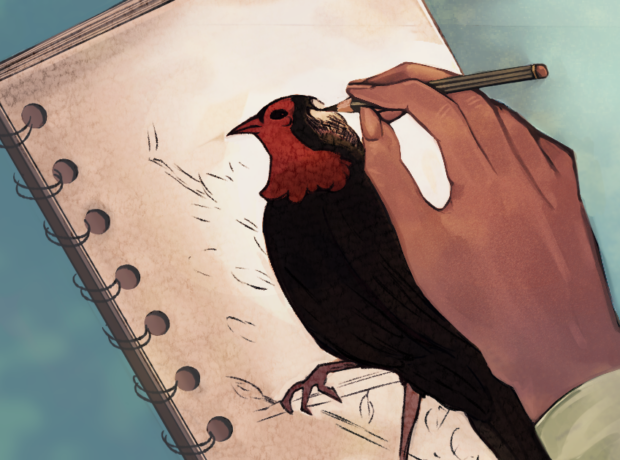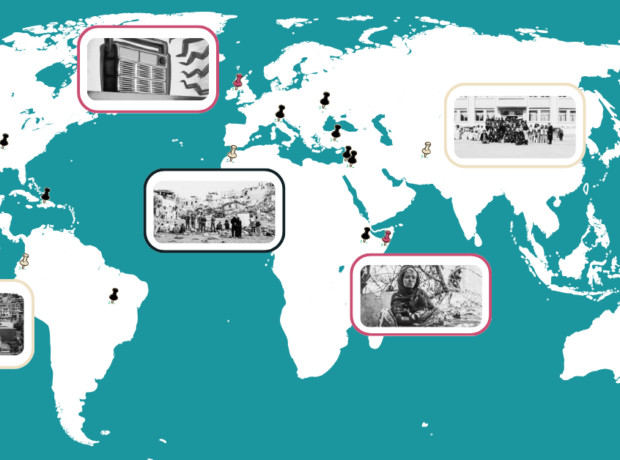Many people dream of a human rights career, helping others and creating change, but how do you take the first steps? We asked human rights lawyers, humanitarians and journalists to tell us about essential qualifications and experience. They redefine what a “human rights career” really means, and offer valuable advice to students just starting out.
My goal had become very clear. I had completed a master’s in International Development Law and Human Rights and I would become a barrister to help uphold those rights. I would represent the people who needed it most, those who otherwise might not find their way through the maze of our legal system. That career would nourish me for years to come, and I would be going into it with my eyes wide open, having immersed myself in public family law for over two years. This was what I told myself, day after day, as I drilled away at countless applications for pupillage and prepared for gruelling interviews.
But something about the process felt wrong. I was not enjoying the hyper-competitive atmosphere and I had no time for myself. I had put my social and personal life on hold for months. The barrister career is a dream come true for some. But my stress levels were going through the roof. I missed creative teamwork. When I came within a hair’s breadth of securing pupillage, but was finally unsuccessful, something in me snapped. “Rejection is redirection”, a close friend told me. Her words echoed in my mind. Had I been trying to fit a square peg into a round hole? Maybe it was time to take off my barrister blinkers and look at the panorama of opportunities in front of me.
A few months down the line, I am filled with excitement as I begin a new job as an editorial operations assistant in publishing and investigate getting involved in local politics. I’m learning to forge a unique career that allows me to help others in the most effective ways that I can. This careers guide might show human rights enthusiasts like me how human rights can feature in their careers, whether in law, local government, charities or media. It reveals lesser-known sides of more conventional legal professions and offers rare advice about work-life balance. So, if you’re feeling like I did, like a square peg in a round hole, perhaps there is a better fit for you out there. And if you read on, you just might discover it.
The journalist
You can tell stories and make a change and I can’t think of a profession like it.”
After working as a staff reporter, Andrew Kersley has spent the last two years pitching editors and forging a career as a freelance journalist. He has covered politics, technology, social affairs and the media for Private Eye, Novara Media, Wired, The Observer, Open Democracy and many more. He tells us which stories he’s most proud of, which publications he won’t write for, and weighs up different career paths into journalism. Find the full story.
The barrister
It’s important to approach each case with fresh eyes and not lose sight of the human focus.”
Studying law in context confirmed Zeenat Islam’s decision to forge a career contributing to social justice. After a pupillage at a leading criminal defence set, she began working on the Grenfell Inquiry and was later appointed to the UK Covid-19 Inquiry. How does she avoid becoming desensitised to the stories she encounters? What change can barristers make? And what advice does she have for law students who want to follow in her footsteps? Find the full story.
The humanitarian
“The humanitarian career is better than I’d imagined.”
In Yemen, humanitarian and programme coordinator Filipa Coutinho works across 95 camps, monitoring service provision for the internally displaced people (IDPs) who live there. Spending two months in Yemen before returning home to Portugal for a week or two, Filipa loves her job at the same time as prioritising work-life balance. How did she get her career break? What does she think when people romanticise international humanitarian work? And how does she keep in touch with home? Find the full story.
The product liability solicitor
It would be great if we were all out of a job because the government provided injured people with sufficient care, but they don’t.”
Philippa Wheeler works as a product liability solicitor for Leigh Day, a top UK-based law firm, helping people who have been injured as a result of products that were defective or not safe. Here, she shares her love of the law, considers how students who long for a human rights career can resist the corporate lure, and explains how the Pantomime Society can be relevant in your job application. Find the full story.
The charity campaigner
People deserve the chance to overcome their challenging situations and I wanted to help make that a reality.”
How does a banking and finance student build a career in humanitarian campaigning? Rasha Daya took an unusual route into her dream job, leaving a banking career in Syria to research the effect of refugees on host countries, eventually taking up a role in advocacy with a children’s rights NGO. Now, after working on global issues and speaking at the UN General Assembly, Rasha shares her experience of campaigning and offers five top tips to aspiring campaigners. Find the full story.
The social welfare lawyer
You are dealing with the things that matter to people the most – the ability to live their life, keep a roof over their heads, have money to put food on the table.”
At the Central England Law Centre (the biggest Law Centre in the country), solicitor Emma Austin explains that no two days are the same. Emma, a health and social care law solicitor, says human rights are not a lofty and elite pursuit, but an everyday goal for the people at the Law Centre. They work with groups and individuals to collectively challenge breaches to their rights, working transparently and cooperatively to empower the people they work with and for. How does she handle the defeats? And what is she looking for in new recruits? Find the full story.
Thank you to all our interviewees for being so generous with their time and advice.
Artwork by Isabelle Broad.



